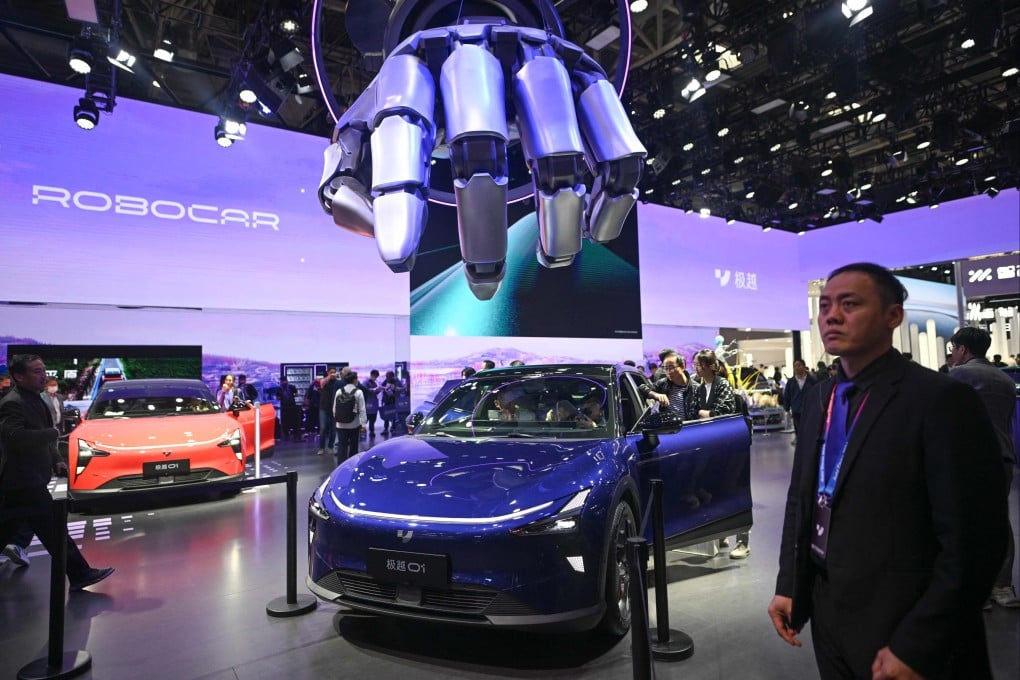Exclusive | China’s EV champion Geely bets on tech edge to expand in Asia, EU
In an interview with the Post, Geely CEO Gui Shengyue discusses the company’s overseas strategy and EU tariffs

“You must implement your go-global strategy in a systematic way,” he said from his Hong Kong office. “Geely will adopt different approaches for different countries and regions. I believe we have our own advantages in this regard.”

Geely Auto was able to manage the additional 18.8 per cent tariff levied by the EU on its pure EVs made in China, Gui said, adding that the import levies would not stop the company from gaining a bigger market share on the continent.
The EU voted in October to impose tariffs on pure EVs made in China after an anti-subsidy investigation. The new duties are on top of the standard 10 per cent tariff applied to pure EVs made in China. Geely Auto was subject to an additional 18.8 per cent tariff.
“With our technological advantages in various aspects, I believe we are capable of digesting the [EU] tariffs,” Gui said. “A real and effective way to lower costs is by technological advancement.”
Gui said Geely Auto, aware of its lack of know-how and after-sales network abroad, had no immediate plans to build plants in the EU.
Instead, the company adopted an asset-light strategy – a business model under which a company holds only a small amount of fixed assets on its balance sheet – to expand overseas, where intelligent EVs assembled by mainland companies, featuring self-driving systems and digital cockpits, were becoming increasingly popular, he said.
